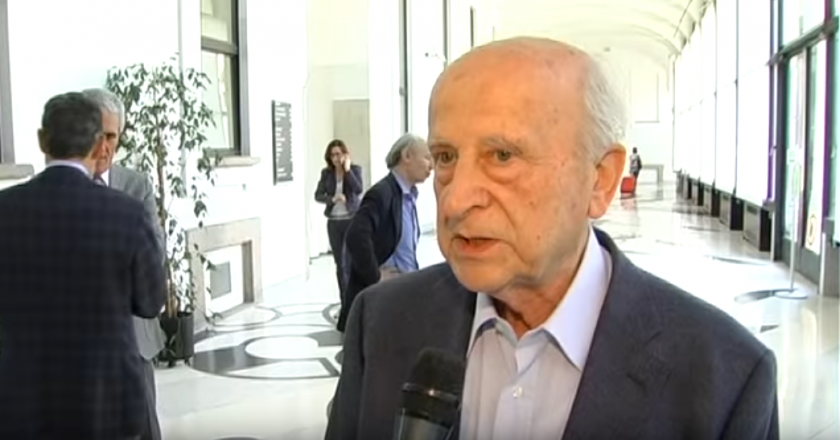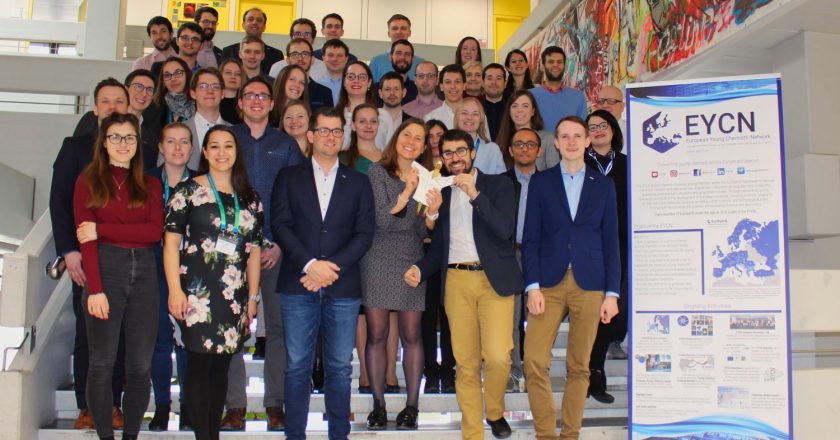European Climate Change Adaptation (ECCA) 2019
Lisbon, Portugal
28 – 31 May 2019
Website: http://bit.ly/2URYswz
It is with a heavy heart that we have learnt the news of Sergio Facchetti’s passing on the morning of Saturday 30 March 2019.
Sergio Facchetti, born in Borgo Ticino (Novara – Italy), was a leading scientist who gave outstanding service to the field and image of chemistry in Europe, as well as to EuChemS and its predecessor FECS, and for this we are eternally grateful.
His life’s work has had major and influential consequences, and his contributions to the field led to concrete transformations in science. Sergio worked in the European Commission’s Joint Research Centre laboratories in Ispra, firstly in the Radiation Chemistry Group of the NUCLIT corporation (1959-61), and subsequently as a European Official (1961-97) becoming the head of a division of over 100 people and coordinator for the Environmental Research Agency. His main work was on the identification of environmental pollutants – and it was through studies carried out in connection with the Seveso disaster of 1976 that he made his most far-reaching contributions. His work led to his appointment as adviser to the United States Government and originated the lead isotope experiments which eventually led to the banning of lead in fuels – an achievement he later recognised as one of his proudest moments. He was later coordinator of the Eureka project 674 on “Advanced Mobile Analytical Laboratory” – a project intensively used in many field investigations.
In addition to his work, Sergio was able to play a crucial role in the support of Chemistry as a whole, serving on the board of the CNC (1998-2017) and the Italian Chemical Society, founding in 1971 its Mass Spectrometry Division and serving as Vice-President from 1996 – 1998. He also occupied the posts of Vice-President of the European Chemistry Council and of the European Chemist Registration Board.
Sergio retired from the EuChemS Board in 2017 after an astonishing 47 years of continuous work on the Board of both FECS and EuChemS. Sergio was a highly active member of the community, continuously proposing new ways in which EuChemS could broaden its scope and increase its impact, whether through the organisation of major conferences, including the hosting of seven lectures during the EXPO Milan, or other initiatives.
In 2018, Sergio was awarded the EuChemS Award for Service for his tireless efforts and success in promoting chemistry and EuChemS’ work over the years. Whilst he was unable to make his way to Liverpool where the prizes were announced at the 7th EuChemS Chemistry Congress, his colleague and fellow Award for Service awardee Francesco De Angelis read out a letter Sergio had written. In it, he expressed his surprise and gladness at the award, but insisted that his work throughout the years was in his eyes, his duty.
Sergio was not only an inspiring scientist, whose work was characterised by a strong belief in ethical attitudes, but he was also a true gentleman, kind and thoughtful. Sergio’s passing is sad news for chemistry in Europe and sad news for the many people who knew Sergio, and he will be very much missed. But his work and contributions will not be forgotten, nor his incessant work in helping EuChemS and the community it represents be where it is today.
We send our most heartfelt condolences to his family.



